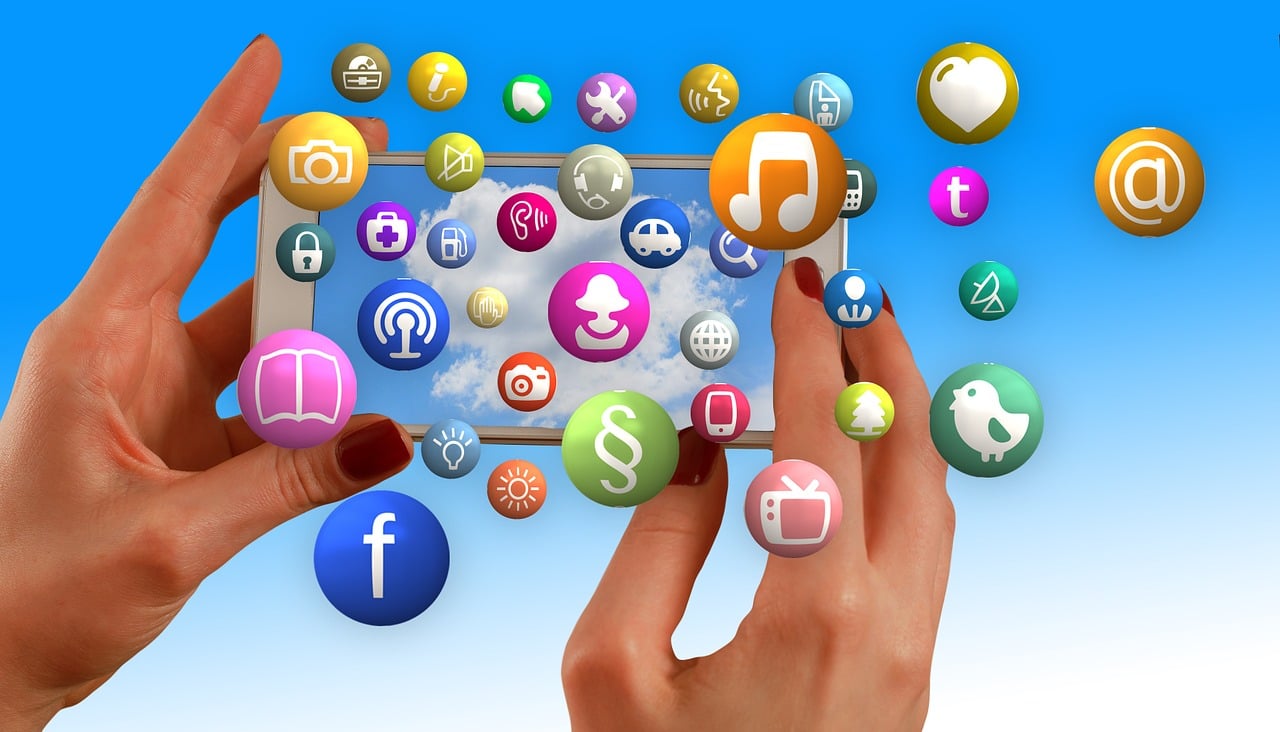The proliferation of new technologies has created substantial opportunity to understand and serve customers with a level of unmatched personalization. Artificial Intelligence (AI) is one such technology with the ability to transform marketing, giving brands and retailers the opportunity to connect with customers directly. This personalization through AI—individually tailoring messages and engaging directly with the customer in a scalable manner—means that a hyper-relevant option of reaching out to people is conceivable.
[REITs]Q3 hedge fund letters, conference, scoops etc
One-to-One Conversations
Changes in person-to-person targeting, however, are nothing new. For example, the shift in popular use from landlines to mobile phones brought with it a change in lifestyle and accessibility. When you called a location, you weren’t sure who you were going to get on the other end of the line. Now, when you call a mobile phone, you can reach the person no matter where they are, and they can decide if they want to pick up the phone.
AI provides a similar opportunity. When marketers create a digital marketing campaign, with AI they are able to identify their customer and tailor the message in real time. This will allow them to move away from the increasingly antiquated notion of audiences, which does not reflect the true intent of the individual. With a combination of personalized data from anonymous tracking, and the limitless possibilities of AI, a hyper-personalized, hyper-relevant message is delivered. This creates an optimal user experience akin to a service, making the customer much more likely to engage and convert.
Limit Marketing Waste
With digital ad spend worldwide estimated to be $273.29 billion in 2018 according to eMarketer, consider what would happen if we could significantly reduce digital advertising waste. With AI’s ability to spot microtrends, and even predict trends, marketers are able to make strategic decisions about where they allocate their budgets.
Studies have shown that customers are more likely to do business with a company if it offers a personalized experience—80 percent more likely according to research by Epsilon. Personalized marketing engages individuals based on their unique interests and preferences, and yields better relationships with consumers. The reduction of waste in the ecosystem means more engaged customers, and a stronger bottom line.
Encouraging Objectivity
By respecting individuality, conscious and unconscious biases can also be eliminated. Personalization through AI can leverage extremely fine-grained data that is fully relevant to the business objective. Manual approaches often use coarser data which not only is less precise but can also exhibit strong biases such as sensitivity to gender, race, religion, or political opinions. An AI-driven objective analysis based only on directly relevant data can create a view of the customer with little to no bias.
Of course, there are a few hurdles that must be crossed until the industry is ready for AI to be widespread. The heavy computational cost of AI was a significant hindrance until just a few years ago when GPUs and cloud computing made AI tractable to most. And as many companies open AI labs around the world, they face a dearth in skillset. The fast pace of AI advancement is a challenge to traditional training programs, and companies are required to innovate in the domain of personal development. This is creating the need for a creative, and even aggressive, approach to hiring the best talent.
The advent of the next generation of digital advertising technologies will transform the industry and be a boon to both companies and customers. The data-driven world of marketing will open new opportunities and avenues of communication amongst the two, perhaps leading to a more open and collaborative environment. Will AI finally usher in the symbiosis the marketing industry has been looking for?





